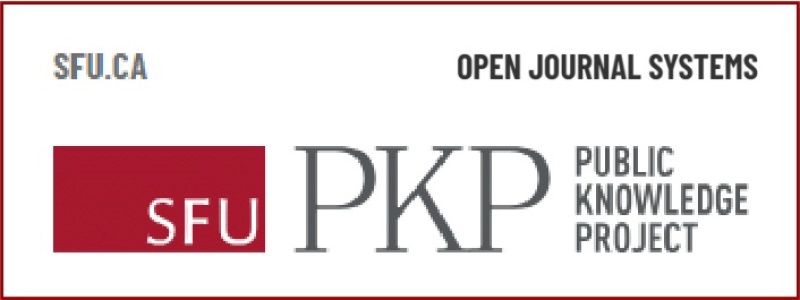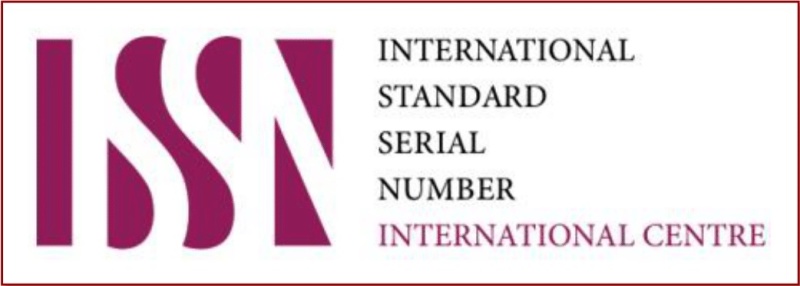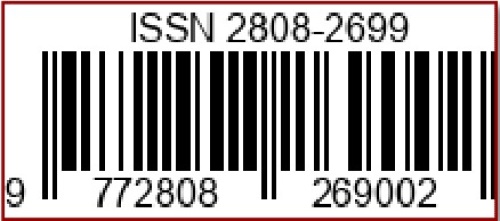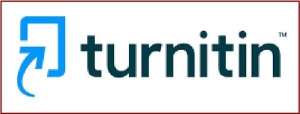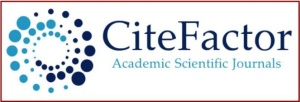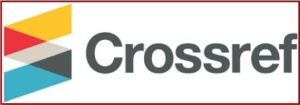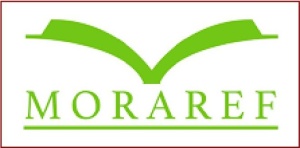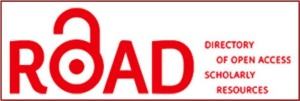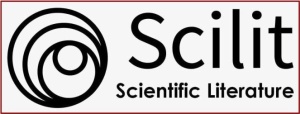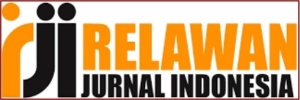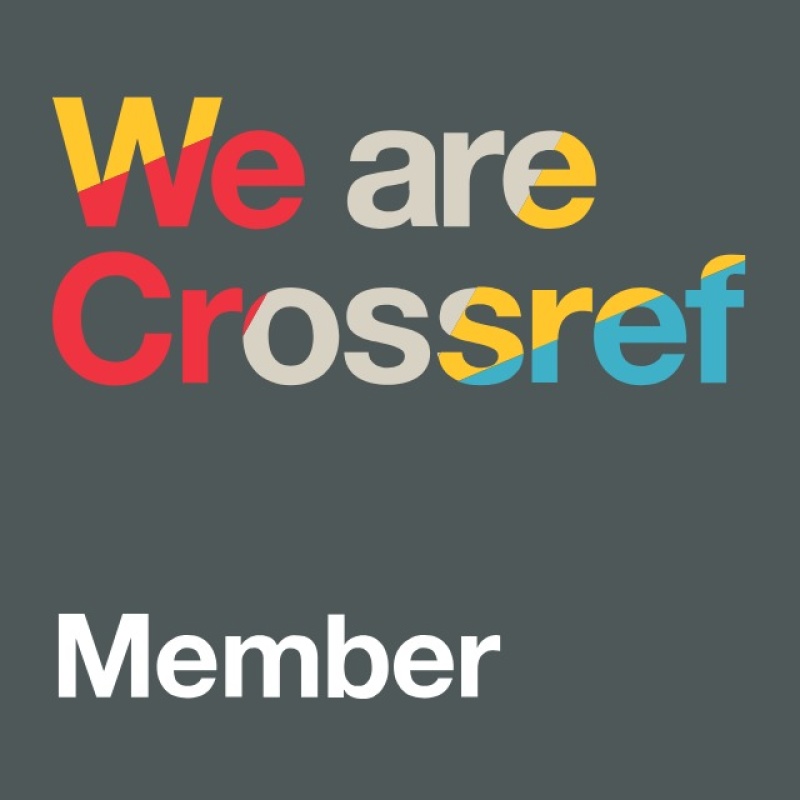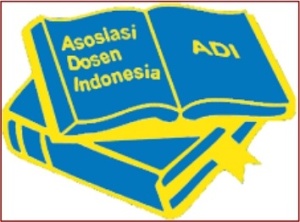Penerapan Metode Diskusi Berbantuan Lembar Kerja Siswa (LKS) untuk Meningkatkan Hasil Belajar Pendidikan Agama Hindu dan Budi Pekerti pada Siswa Kelas XI
DOI:
https://doi.org/10.36312/ejiip.v2i3.102Keywords:
Discussion Method, Student Worksheet, Learning Outcomes.Abstract
This study aims to determine the increase in learning outcomes of Hindu religious education and manners in class XI hotel accommodation students in the even semester of the 2021/2022 academic year through the application of the Student Worksheet Assisted Discussion method (LKS) at SMK Negeri 4 Mataram, Mataram City. This type of research is classroom action research which consists of two cycles. Each cycle consists of four stages, namely: 1) planning stage; 2) implementation stage; 3) the observation/evaluation stage; and 4) reflection stage. The subjects of this study were students of SMK Negeri 4 Mataram in class XI hospitality accommodation in the even semester of the 2021/2022 academic year as many as 23 people. Data on student learning outcomes were collected using the test method, and analyzed using descriptive statistics. Based on the results of data analysis and discussion of research results, that the learning outcomes of Hindu religious education and character in class XI hotel accommodation students in the even semester of the 2021/2022 academic year have increased through the application of the Student Worksheet Assisted Discussion method (LKS) at SMK Negeri 4 Mataram, with the average student learning outcomes in the first cycle of 76.79% increased by 4.28% to 81.07% in the second cycle. So, it can be concluded that the application of the discussion method assisted by Student Worksheets (LKS) can improve learning outcomes of Hindu religious education and manners in class XI students of hospitality accommodation in the even semester of the 2021/2022 academic year at SMK Negeri 4 Mataram.
Downloads
References
Agung, A. A. G. (2005). Metodologi Penelitian Pendidikan. Singaraja: Sekolah Tinggi Keguruan dan Ilmu Pendidikan Singaraja.
______. (2011). Metodologi Penelitian Pendidikan. Singaraja: Institut Keguruan dan Ilmu Pendidikan Singaraja.
Darma, P., Waluyo, J., & Pujiastuti. (2014). Pengaruh Pembelajaran Biologi Melalui Metode Permainan dengan Media Kartu Kwartet terhadap Keaktifan dan Hasil Belajar Siswa Kelas VII SMP Negeri 13 Kabupaten Jember Tahun Ajaran 2012/2013. Pancaran, 3(1), 89-98.
Dewi, K. (2017). Peningkatan Hasil Belajar Siswa dalam Pelajaran Bahasa Inggris Melalui Metode Kerja Kelompok di SMP Negeri 3 Palembang. Wahana Didaktika: Jurnal Ilmu Kependidikan, 15(3), 42-52. https://doi.org/10.31851/wahanadidaktika.v15i3.1432
Kader. (2006). Meningkatkan Keterampilan Berbicara melalui Media Gambar dalam Pelajaran Bahasa Bali. Skripsi. Sekolah Tinggi Keguruan dan Ilmu Pendidikan Agama Hindu.
Pramana, I. B. W., Fitriani, H., & Safnowandi. (2022). Pengaruh Metode Mind Map dengan Media Komik terhadap Minat Baca dan Hasil Belajar Kognitif Siswa. Biocaster : Jurnal Kajian Biologi, 2(2), 71-87. https://doi.org/10.36312/bjkb.v2i2.68
Pratiwi, S., Dewi, I. N., & Safnowandi. (2021). Respon Siswa Menggunakan Media Pembelajaran Daring Berbasis Aplikasi WhatsApp pada Pembelajaran IPA di Masa Pandemi Covid-19. Panthera : Jurnal Ilmiah Pendidikan Sains dan Terapan, 1(1), 1-11. https://doi.org/10.36312/pjipst.v1i1.3
Qodir, A. (2017). Evaluasi dan Penilaian Pembelajaran. Yogyakarta: K-Media.
Santoso, B. (2010). Kunci Keberhasilan Proses Pengambilan Keputusan. Manajerial: Jurnal Manajemen dan Sistem Informasi, 9(1), 28-33. https://doi.org/10.17509/manajerial.v9i1.1198
Slameto. (2003). Belajar dan Faktor-faktor yang Mempengaruhinya. Jakarta: PT. Rineka Cipta.
Downloads
Published
How to Cite
Issue
Section
License
Copyright (c) 2022 I Wayan Pica Parthayasa

This work is licensed under a Creative Commons Attribution-ShareAlike 4.0 International License.
-
Attribution — You must give appropriate credit, provide a link to the license, and indicate if changes were made. You may do so in any reasonable manner, but not in any way that suggests the licensor endorses you or your use.
-
ShareAlike — If you remix, transform, or build upon the material, you must distribute your contributions under the same license as the original.


